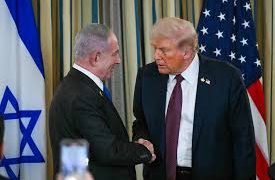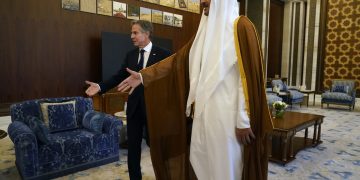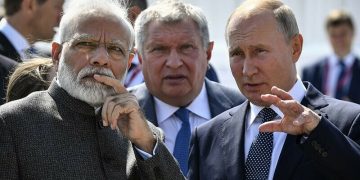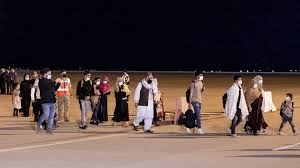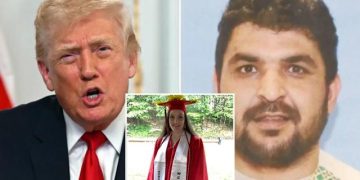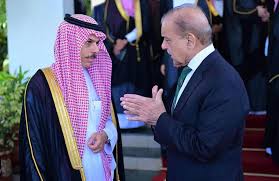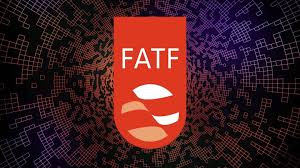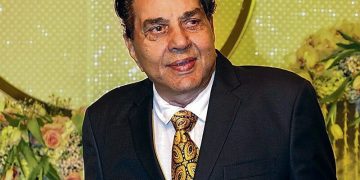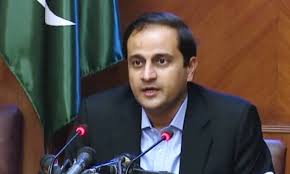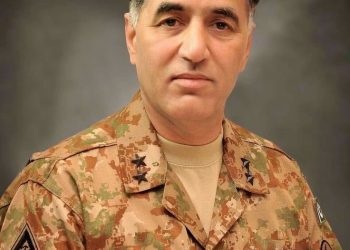Days after Pakistan hit outlawed Tehreek-e-Taliban Pakistan (TTP) targets inside Afghanistan, Defence Minister Khawaja Asif has said that Islamabad does not want any “armed conflict” with Kabul.
“Force is the last resort. We do not want to have an armed conflict with Afghanistan,” Asif said while speaking to the Voice of America.
The defence minister’s remarks come as the neighbouring countries have experienced a spike in their already tense bilateral relations over increasing terrorist attacks by the TTP and other banned outfits, which are based in Afghanistan, inside Pakistani territory.
On Monday, Pakistan carried out intelligence-based operations (IBOs) targeting TTP’s Hafiz Gul Bahadur Group which is responsible for the March 16 attack in Mir Ali, North Waziristan and multiple other terrorist attacks in the country.
Islamabad’s action came following a deadly attack on Pakistani forces which resulted in the martyrdom of seven soldiers including a lieutenant colonel and captain.
Pakistan has repeatedly called on the Afghan interim government to prevent its soil from being used against Pakistan by TTP and other militant organisations — a claim vehemently denied by Kabul.
‘Not let TTP start a war’
Terming Pakistan’s military action inside Afghanistan as a necessary message against increasing cross-border terrorism, the minister called on the Afghan interim regime to “control” the TTP and “not let them start a war” with Pakistan while living in Afghanistan.
“We cannot continue like this,” he said, adding that Islamabad will be forced to retaliate if the TTP continues its attacks.
Elaborating on the prospects of bilateral trade and prospects of providing an economic corridor to Kabul, owing to the country being landlocked, Asif questioned why Islamabad should entertain such a possibility if the neighbouring country treats it “like an enemy”.
As reported by the VOA, around 5,000 to 6,000 TTP fighters reside in Afghanistan after being driven out of Pakistani territory owing to the military’s wide-scale anti-terror operation in erstwhile Federally Administered Tribal Areas (FATA) along the border with Afghanistan.
Furthermore, United Nations’ assessments also confirm TTP’s presence in Afghanistan, the publication added.
Expressing his views on TTP’s presence inside Afghanistan, the defence minister said that the militant group was “being allowed” to operate as part of the interim Afghan government’s bid to prevent its fighters from joining IS-Khorasan Province (ISKP) — a rival group which has been engaged in armed conflict with the Afghan regime.

